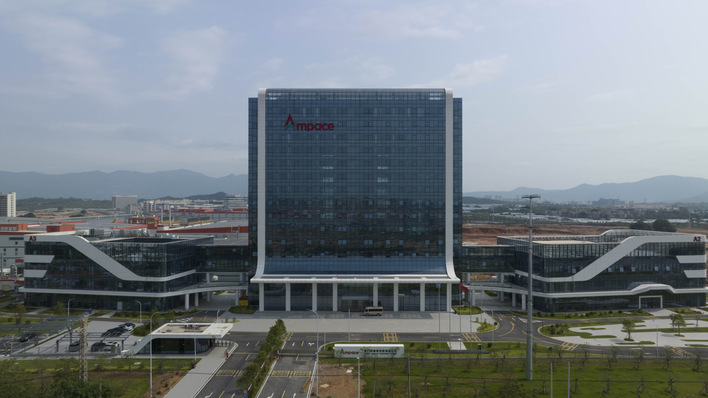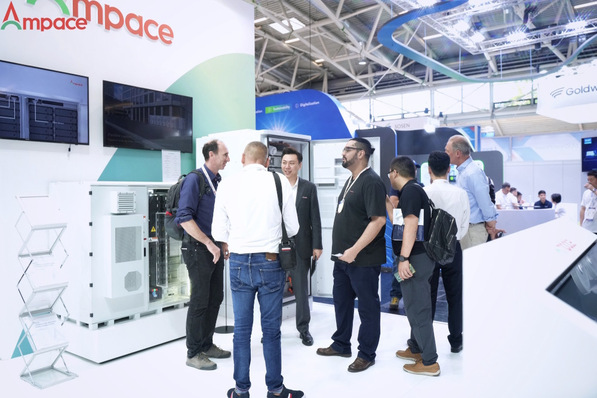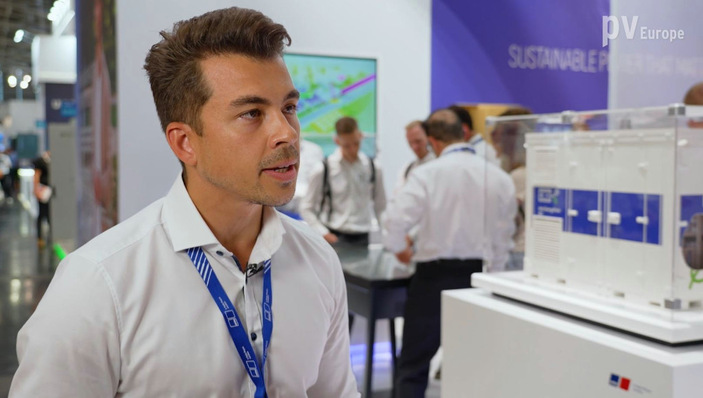Sodium-ion batteries are seen as a promising alternative to lithium storage, at least for some industrial applications. Their advantage: sodium is readily available, inexpensive and easy to recycle. Disadvantage: Pure sodium is very reactive. If it comes into contact with water, for example, it can burn or explode.
Stay up to date, sign up for our newsletter!
7.5 million euros from the federal government
The Entise research project (development of sodium-ion technology for industrially scalable energy storage) consists of a consortium of 15 companies and universities. It is initiated and coordinated by the company Varta from Ellwangen. The federal government contributed around 7.5 million euros.
Improving cycle stability
Above all, the researchers want to improve the storage capacities of the cathode and anode. New materials and improved coatings for the electrodes are intended to increase cycle stability. This refers to the ability to keep the charging capacity of the cells stable despite repeated charging and discharging.
See also: Getting sodium-ion batteries using sustainable raw materials to market
As a result, resilient laboratory samples and prototypes with round cells are to be created. At the end of the project in mid-2027, a small series could be available to enable a reliable evaluation of the properties.
Varta only expanded its capacities for battery research and development in January. A new laboratory was set up in Graz, Austria, with an area of around 3,500 square metres. Around 50 researchers will work there. (HS/mfo)








